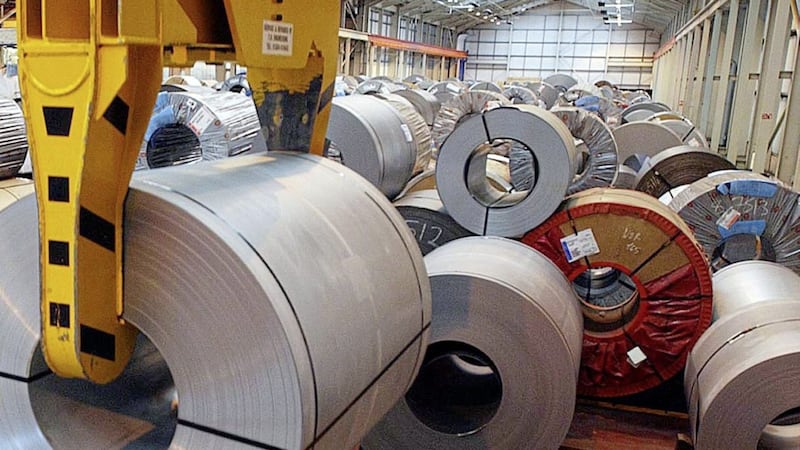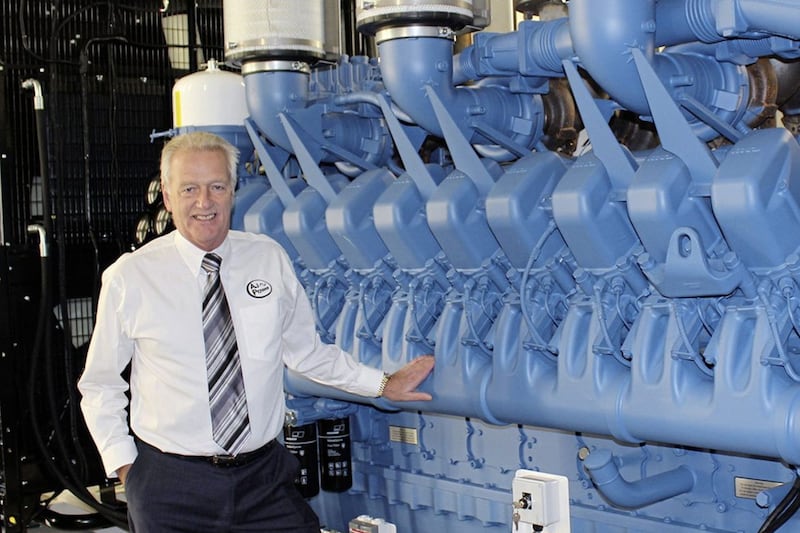THE UK's manufacturing sector headed for recession in October, extending its longest losing streak since 2012 as even Brexit stockpiling failed to "ease the agony" companies have been feeling, according to a closely watched measure.
The sector scored 49.6 in October, on the IHS Markit/CIPS Purchasing Managers' Index (PMI). It is bad news for manufacturers as anything below 50 is considered a contraction.
However, as companies ramped up their stock-building ahead of the October 31 Brexit date, which has since been delayed, the figure came in above September's 48.3. This means the rate of contraction slowed.
"A minor uplift in overall purchasing activity did little to ease the agony for manufacturing companies in October as the sector remained submerged in contraction terrain and heading for recession," said Duncan Brock, group director at the Chartered Institute of Procurement & Supply.
But exporters had more to cheer about as overseas sales improved, albeit mildly. For the first time in seven months the UK's new export business rose as European Union customers bought the British goods they would need after the UK left the bloc.
Graeme MacLaughlin, Barclays relationship director (corporate) in Belfast, said: “Top of UK manufacturers’ Christmas wish list this year has to be an end to the Brexit uncertainty that has continued to thwart their investment intentions and stifle performance throughout the year.
“Subtract the minor uplift in purchasing activity in October, courtesy of stockpiling, add in falling demand from both home and overseas markets and it’s not hard to see why sentiment in the sector is low, with falling car production indicative of the issues being faced.
“Until that wish is granted, manufacturers need to get on with influencing the factors within their powers such as controlling costs, retaining a focus on product innovation and crucially, remaining flexible in their planning.”
Rob Dobson, director at IHS Markit, which compiles the survey, said: "The underlying picture looks even darker than even these disappointing headline numbers suggest, as output and new orders fell despite short-term boosts from stock-building activity in advance of the October 31 Brexit deadline, which included a rise in exports as clients in the EU sought to mitigate supply risk."
Meanwhile a pincer movement is hitting employees as disappointing sales mean some companies are laying off staff, while others impose hiring freezes until the outlook clears.
"With a further Brexit extension confirmed and the prospect of a December general election, it looks as if the spectre of uncertainty will cast its shadow over manufacturing for the remainder of 2019," Mr Dobson said.
Dave Atkinson at Lloyds Bank Commercial Banking said: "Although domestic uncertainty continues to prevail, many UK manufacturers are export-focused, meaning that global headwinds are often equally, if not more, unsettling.
"The US-China trade war has still not been resolved, the latest data suggests China - for so long the world's engine of growth - is slowing and many parts of the Eurozone are also struggling."








